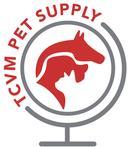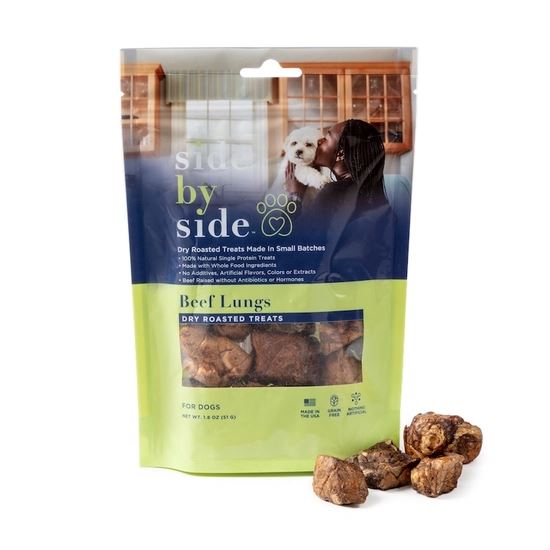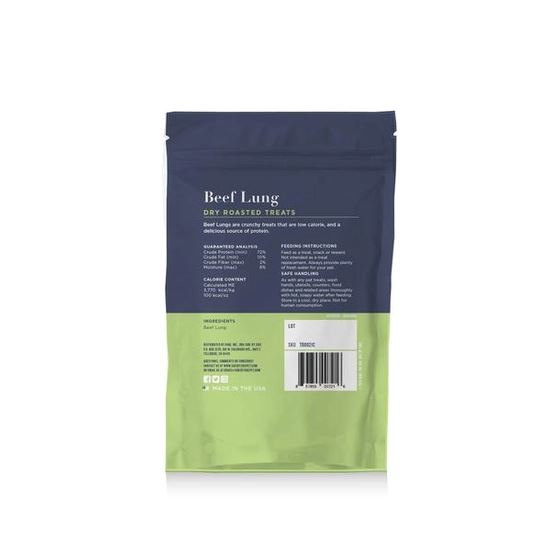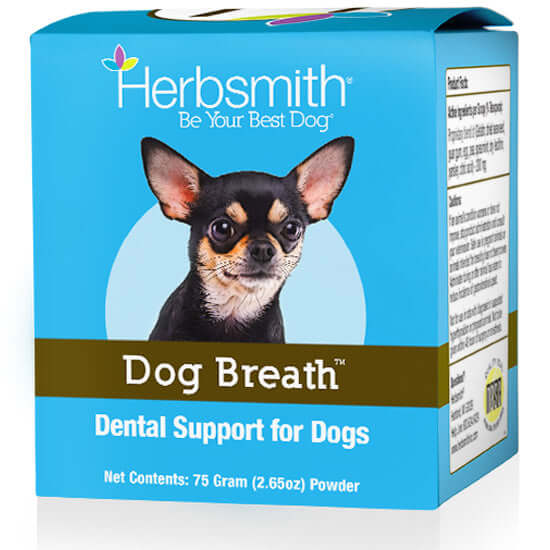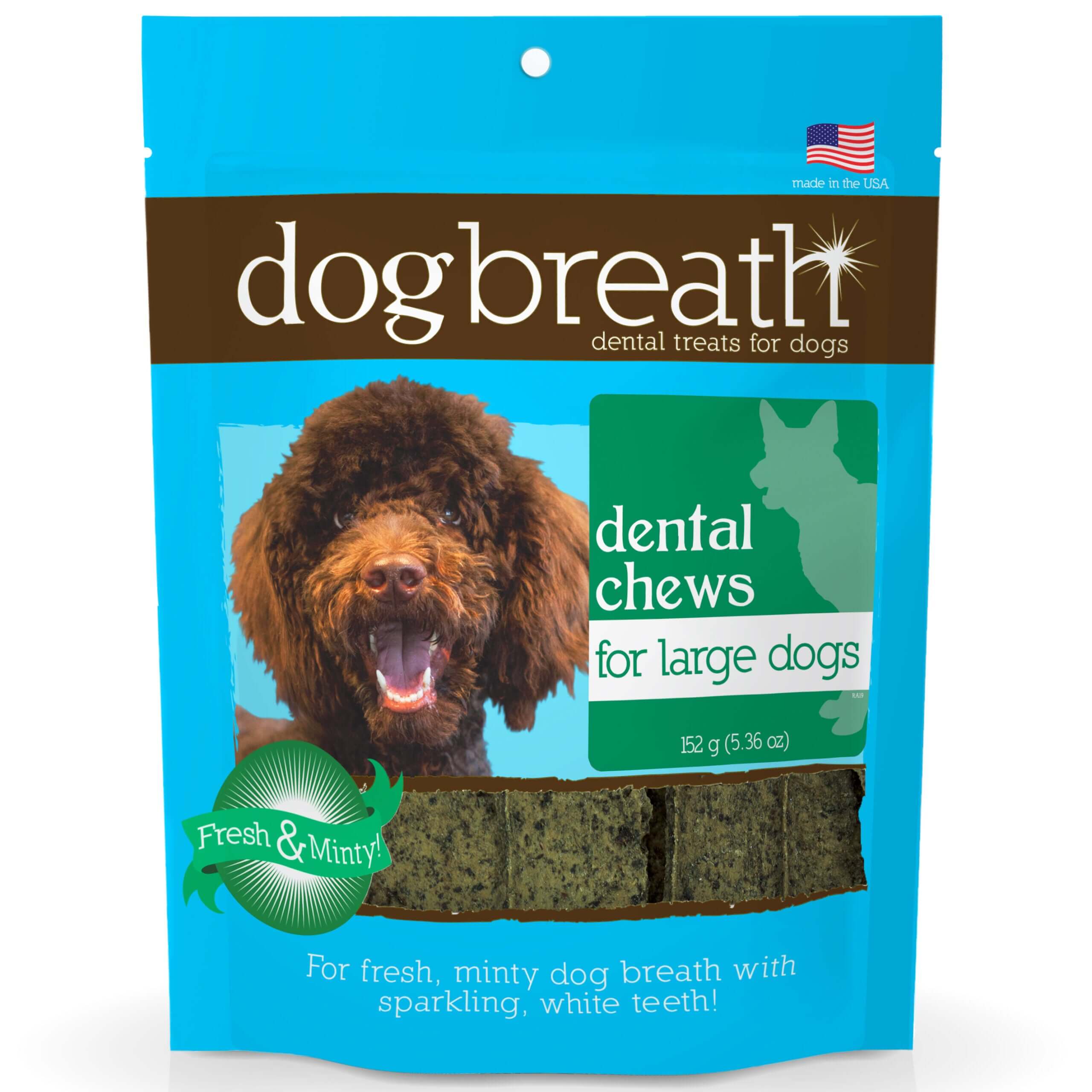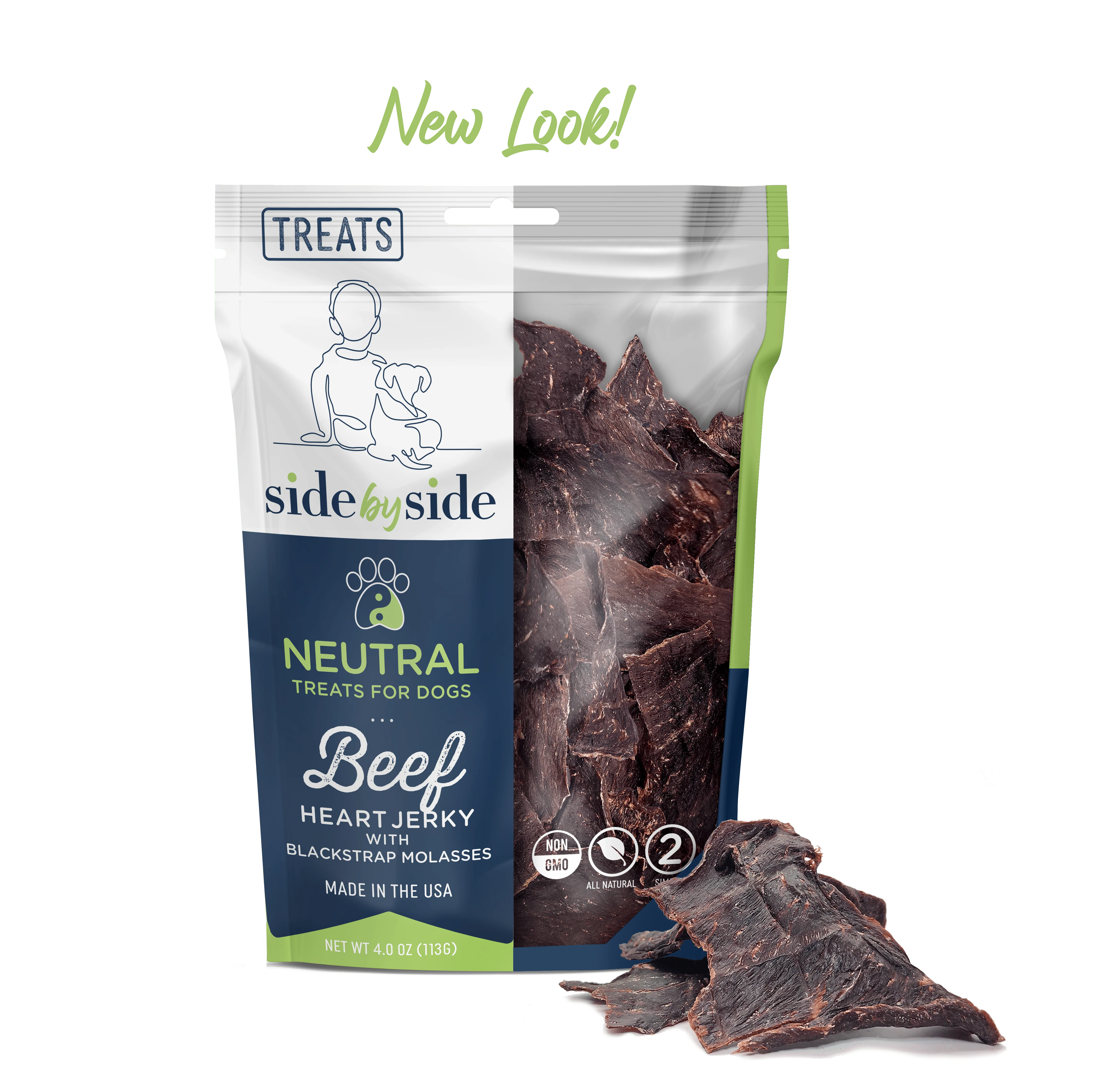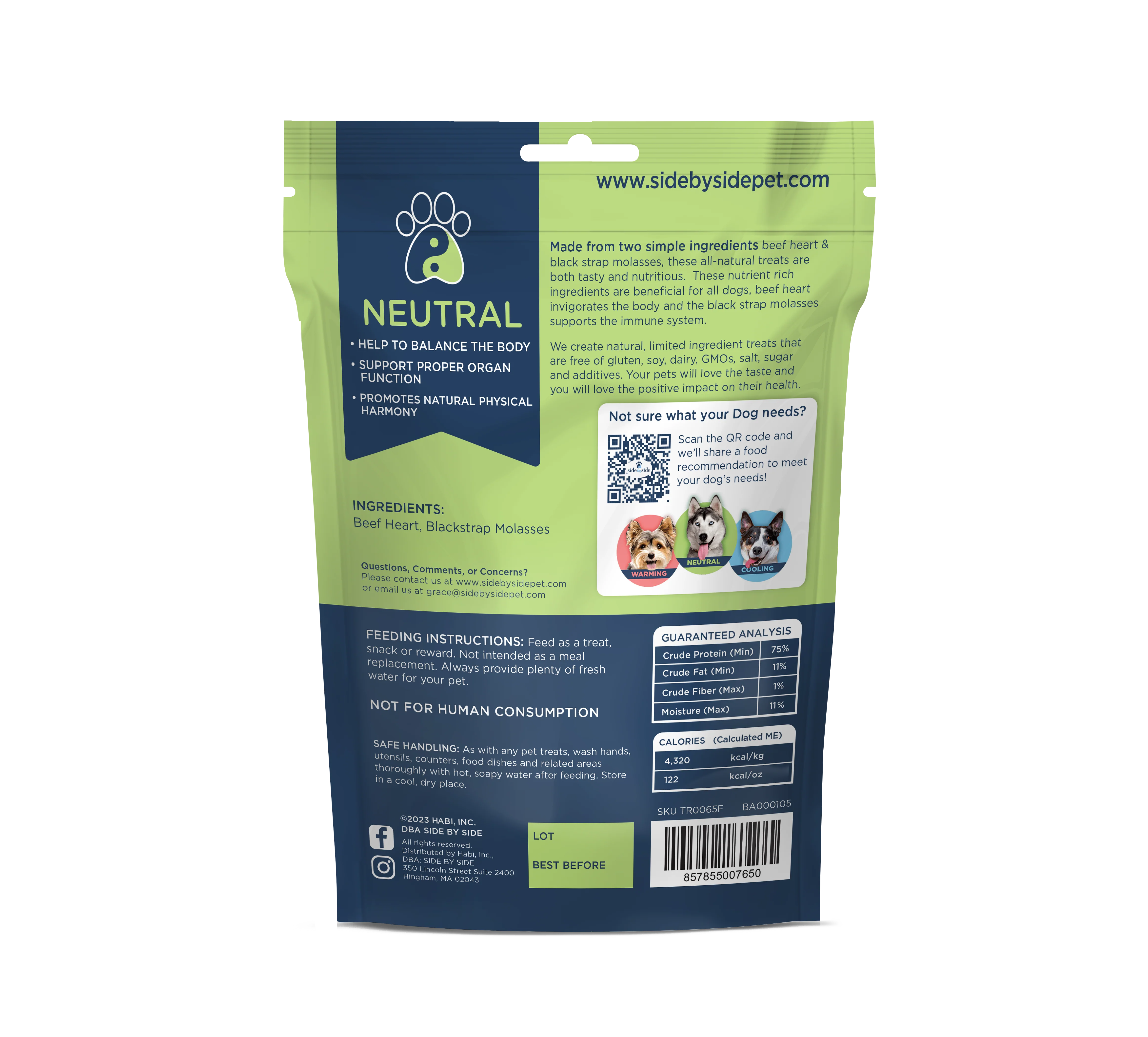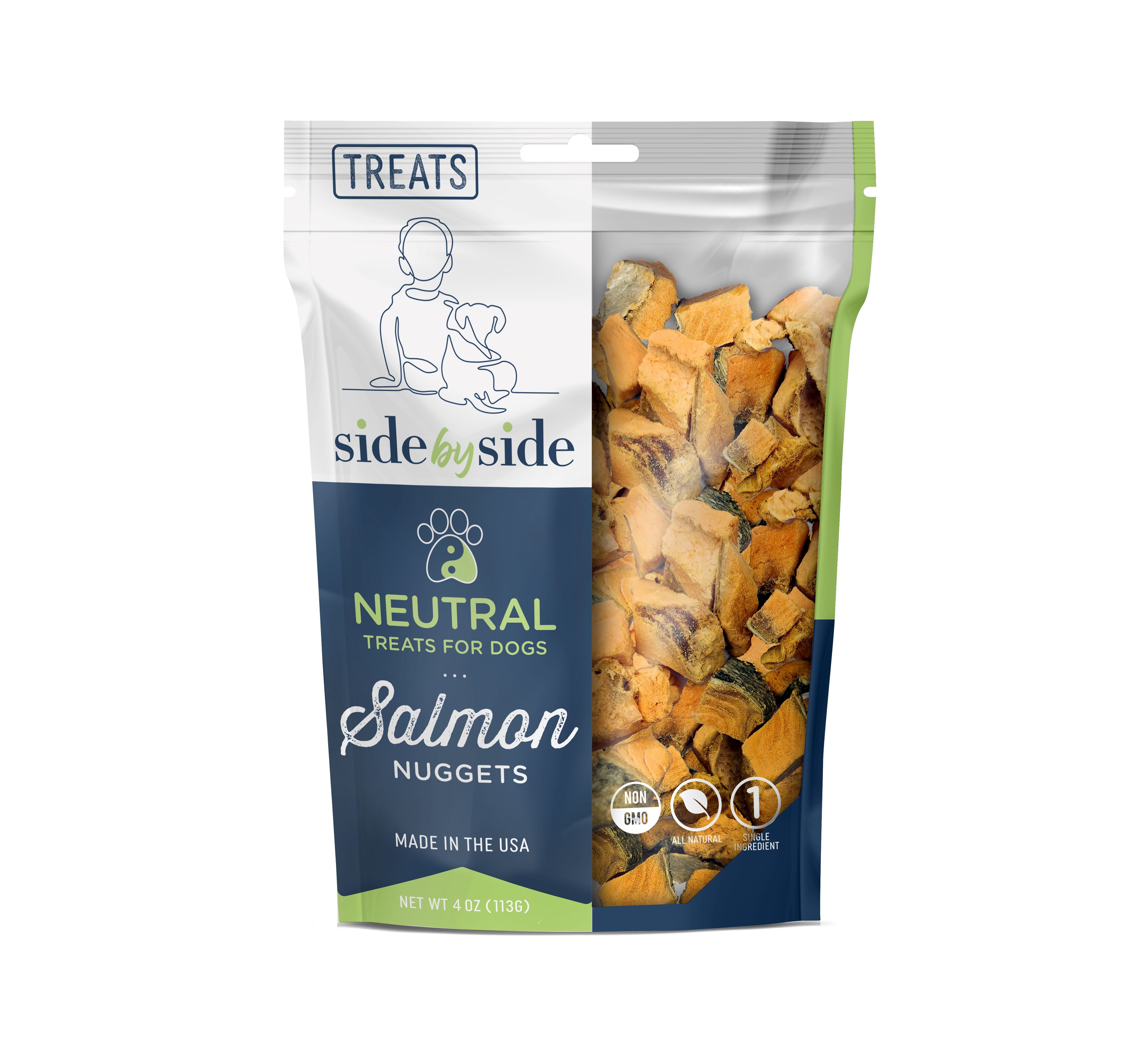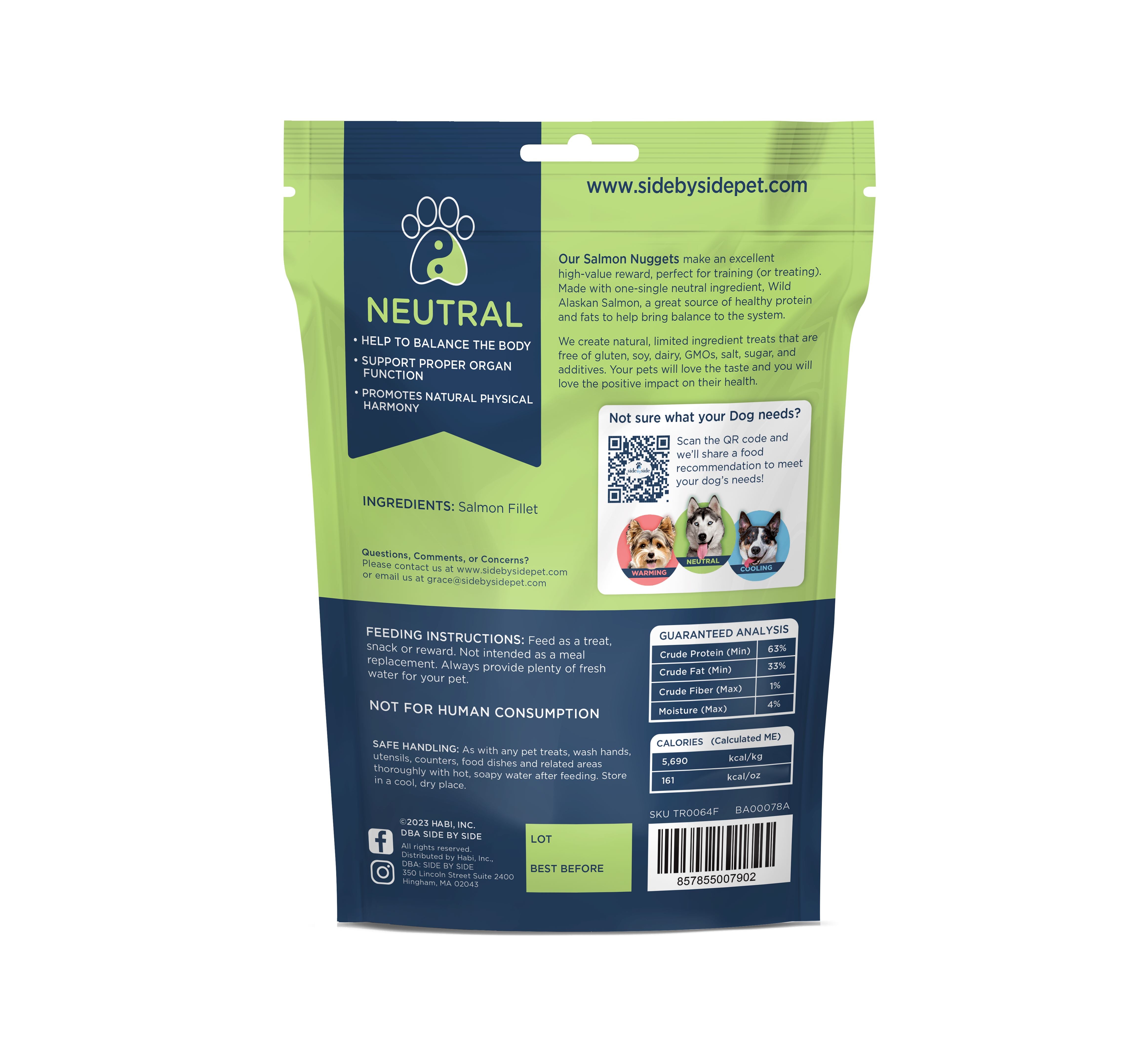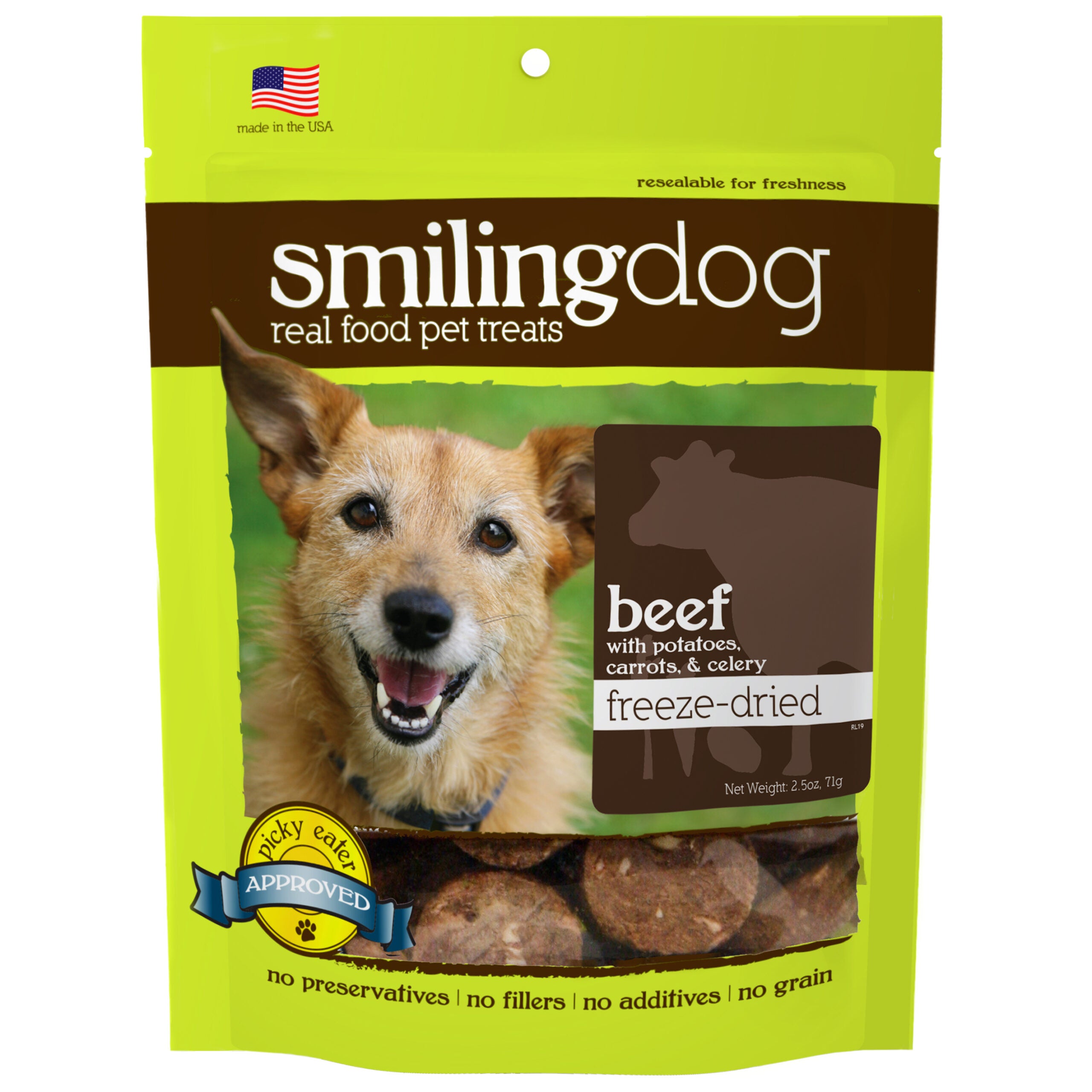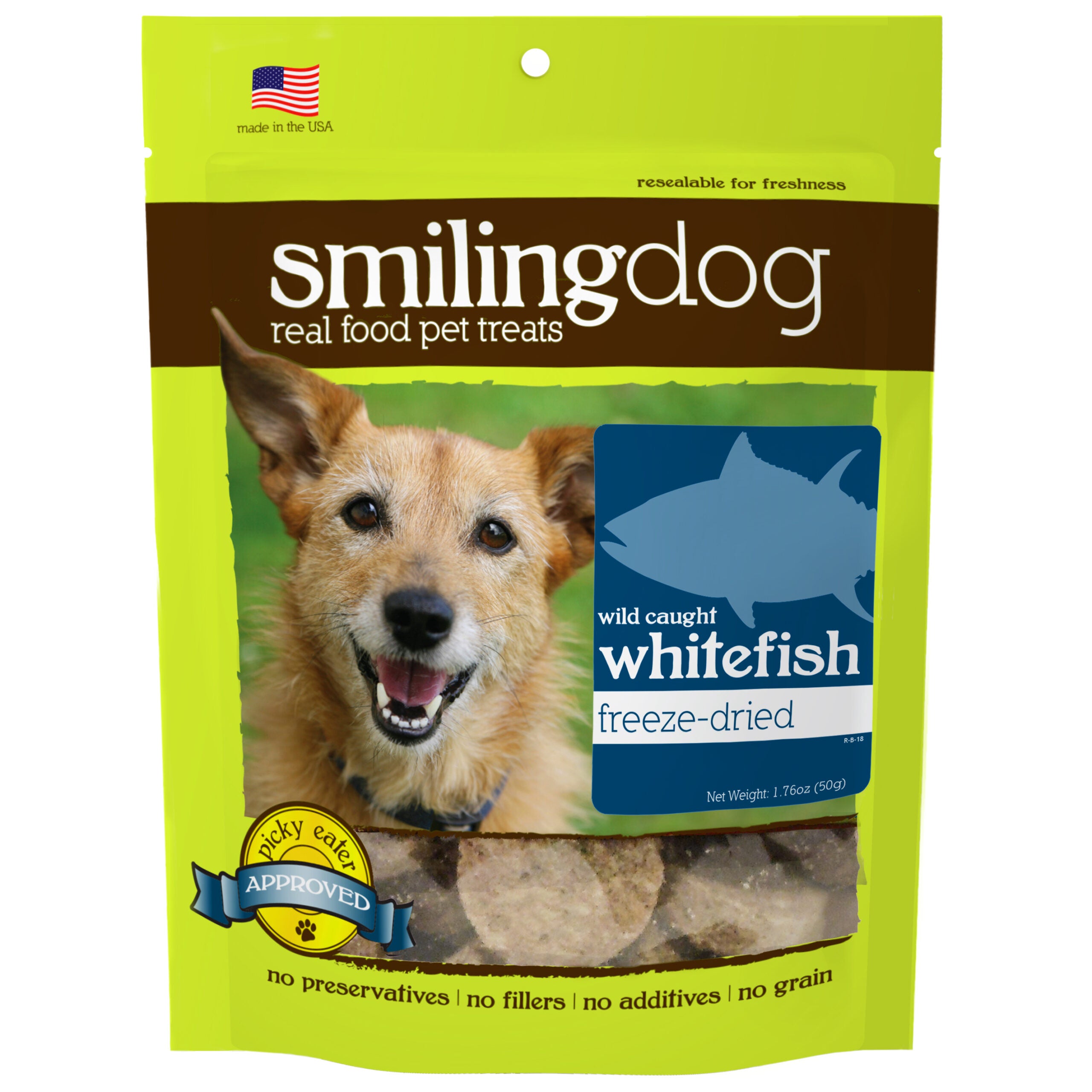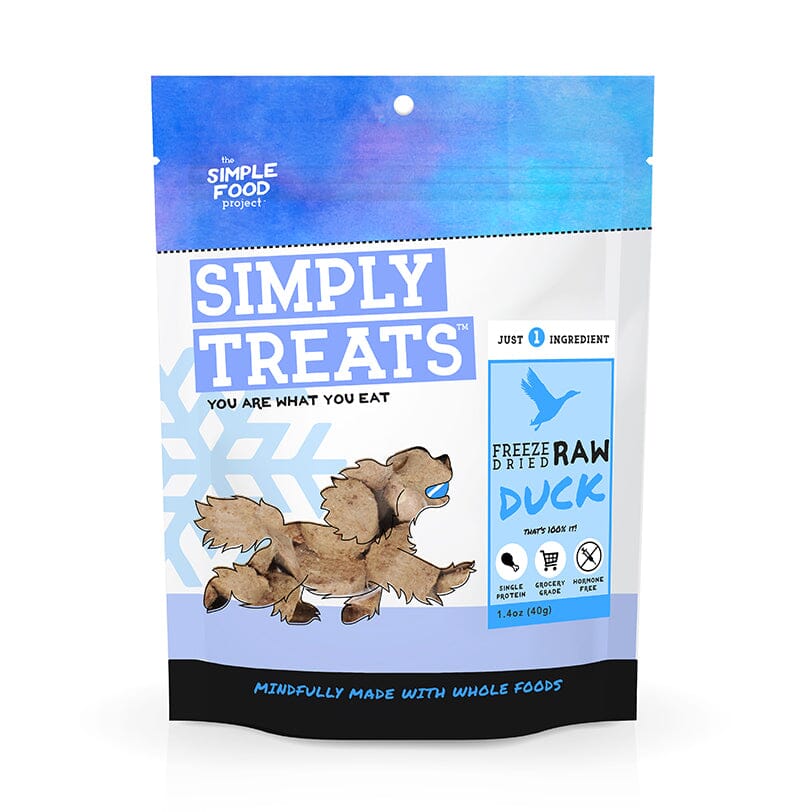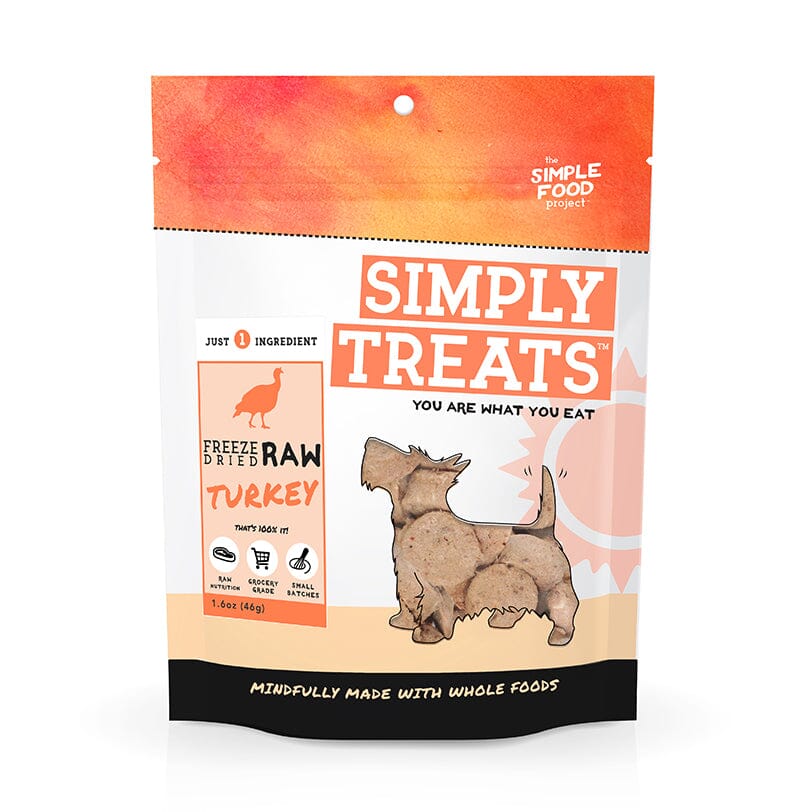
Inside Scoop: TCVM Veterinarians Share Holistic Torn Knee Ligament Protocol

When your dog tears a knee ligament, it is very stressful. Stressful for the dog and the pet parent! You know your dog is hurting, but you don't know what to do.
However, the good news is there are many things you can do at home to help your dog feel better and prevent future injuries and tearing the other knee ligament.
We're sharing the torn knee ligament protocol recommended by TCVM veterinarians Dr. Marc Smith and Dr. Casey Damron in their Tennessee clinics.
What is a Torn Knee Ligament?
If your dog suddenly starts limping on a hind leg, he or she may have ruptured or torn a knee ligament.
The ligament is technically the cranial cruciate ligament (CCL), which is similar to the ACL in people.
Your dog's CCL is responsible for stabilizing the knee joint and keeping the tibia in place beneath the femur.
It is the ligament connecting the back of the femur (the bone above the knee) to the front of the tibia (the bone below the knee).
There are many different causes for dog knee ligament injuries, including:
- activity
- age
- breed
- obesity
Unfortunately, canine knee ligament injuries are one of the most common orthopedic problems in dogs.
Symptoms might range from being just a little lame to being unable to bear weight on the injured leg. Your dog may also have swelling inside the knee.
Vets usually first check for the "drawer sign." Your vet will hold your dog’s femur in place, then pull the tibia forward in a manner similar to a drawer sliding open. The sliding motion is what indicates knee ligament injury.
Your vet will probably also want to take X-rays of your dog's knee to determine how bad the injury is and/or rule out causes of lameness.
Then, your vet will recommend treatment. There are several different options available for dogs suffering from knee ligament damage. And, sometimes, a non-surgical method works well.
Unfortunately, when a dog tears an ACL, there is a very strong change he/she will tear the ACL on the other leg.
With or without surgery, the diet, supplements, and herbs we talk about below will help your dog recover and help prevent future injuries.
Dog Torn Knee Ligament Protocol Step #1: Learn More About Torn Knee Ligaments
If you are new to dealing with knee ligament health challenges and are still learning how they affect your dog, you should get a free copy of our ebook What Your Vet May Not Tell You About Torn Knee Ligaments.
Holistic veterinarians Dr. Casey Damron and Dr. Marc Smith wrote the manual with you in mind. It explains what's going on, how your dog feels, and offers information on things you can do at home to help.
It explains in great detail the different types of surgeries and other options available, and the pros and cons of each.
Dog Torn Knee Ligament Protocol Step #2: Ease Your Dog's Discomfort Naturally
When a dog suffers from a physical injury, Dr. Smith and Dr. Damron recommend PET | TAO Comfort.
Comfort contains yucca, boswellia, MSM, meadowsweet, cornus, licorice, ginger, and manganese. It not only helps with arthritis, but also with discomfort from injuries or overexertion.
In fact, Comfort works so well that both Dr. Smith and Dr. Damron use it post-surgically in their clinics when pet parents wish to cut back on pharmaceuticals (or avoid meds altogether) after surgery. Dr. Smith and Dr. Damron offer Comfort as an alternative to Rimadyl.
Comfort is safe to use in combination with other supplements and pharmaceuticals.
Dog Torn Knee Ligament Protocol Step #3: Feed a Blood-Building Diet
Another change you can easily make at home is switching to a blood-building diet.
In TCVM (Traditional Chinese Veterinary Medicine), two of the classic signs of Blood deficiency are pulled ligament and cranial cruciate ligament rupture (torn ACL).
Therefore, to balance out the Blood deficiency, the best diet is a blood-building diet.
You can easily make the diet at home in a slow cooker or purchase it pre-made online.
See the Blood Building Slow Cooker Recipe
Purchase Blood Building Dog Food
Always discuss any dietary changes you plan to make with your holistic veterinarian.
Dog Torn Ligament Protocol Step #4: Feed Your Dog Liver
According to TCVM philosophy, Liver controls the ligaments and tendons.
The liver does this by nourishing your dog's tendons and ligaments with blood and Yin.
In Chinese medicine, weakness in tendons and ligaments is due to Liver Yin/Blood Deficiency.
Chinese medicine advises nourishing Liver Yin and Blood to treat tendon and ligament health challenges.
Using the theory of "Like Treats Like" and feeding liver to your dog helps strengthen and tonify the Liver meridian.
The result is balance in the Liver meridian. And by bringing the body back into balance, you'll help heal the root cause and prevent future injury.
You can easily make sure your dog gets top-quality liver every day by feeding PET | TAO Freeze Dried Raw Liver Treats. As few as 5-6 treats per day will make a huge difference in your dog's Liver meridian. Feeding liver also helps with high liver enzymes and emotional issues.
Or, simply add some liver to your dog's meals every day. You can add some chopped, lightly cooked liver as a topping on meals, or store it in the refrigerator and feed it as a treat. Feeding liver raw is fine, too, if your dog is on a raw diet.
Dog Torn Knee Ligament Protocol Step #5: Try a TCVM Herbal Blend
Chinese medicine offers many amazing natural remedies for ligament health challenges.
Some good examples are:
You need a veterinarian's authorization to purchase TCVM herbs. The reason is that there are several different blends to choose from, depending on the pet's individual patterns and deficiencies.
You'll get the best results if you get an in-person examination or a telemedicine consultation with a TCVM-trained veterinarian.
Need Extra Help for Your Special Needs Dog?
If you ever feel you need extra help managing knee ligament health challenges, naturally or with TCVM herbal blends, we can help.
TCVM Pet Supply co-founders Dr. Marc Smith and Dr. Casey Damron offer TCVM telemedicine consultations.
If you get a TCVM telemedicine consultation, you'll get personalized TCVM recommendations specific to your pet, including:
- TCVM Evaluation
- Food Therapy Recommendations
- TCVM Herb Recommendations & Veterinary Authorization
- Supplement Recommendations
- Alternative Medicine Recommendations
If you reside in the Middle Tennessee area or would like to commute, you may choose an in-clinic appointment instead.
You can learn more about each vet and contact the clinic you prefer to set up your consult:
- Marc Smith, DVM, MS - Natchez Trace Veterinary Services
- Casey Damron, DVM, CVA - White Oak Animal Hospital
We hope this information helps, and we wish you the best in helping your dog feel better.
If you have any other questions or if we can help you in any way, just let us know!
GET 20% OFF YOUR FIRST ORDER! JUST ENTER CODE 20%OFF1ST IN THE DISCOUNT CODE BOX AT CHECKOUT.

